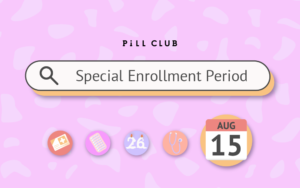Our Impact
The work of the National Consumers League is making a difference in people’s lives across the country. Meet some of the consumers touched by our programs.
Read about NCL’s impact

Preventing yet another victim
Paige, 55, a Nashville wife and mother of two, answered an employment ad for secret shoppers. Before sending payment to the scammers, she reached out to NCL.
Read about NCL’s impact

Building a stronger generation
A grease fire flared up in Decklan’s kitchen. As his family scrambled and panicked, fearing that the whole house might erupt in flames, Decklan remained calm. He hurried over to the pantry, grabbed some baking soda, and dumped it on the fire quickly extinguishing the blaze.
Read about NCL’s impact

Script Your Future saved my life
Cincinnati resident Charles, 45, lost his computer business — and health insurance— during a time of economic downturn. A diabetic, Charles was now unable to afford his medication. He stopped taking it which made him seriously ill and put his life at risk.
Read about NCL’s impact

For a safer workplace
Jeremy is a fast-food worker who has been employed at a number of Chipotle restaurants in New York City. When he was just 20 years old, he took part in an NCL research project that revealed that management practices within the fast food chain were putting workers—and food safety for customers—at risk.
Read about NCL’s impact

© Copyright 2026 - National Consumers League
Contact
Our office is open:
Mon-Fri, 9 am- 5 pm, Eastern
Email: info@nclnet.org
Phone: (202) 835-3323
Fax: (202) 835-0747

 The Pill Club promoted the Special Enrollment Period during the Young Adult Week of Action with an
The Pill Club promoted the Special Enrollment Period during the Young Adult Week of Action with an 








